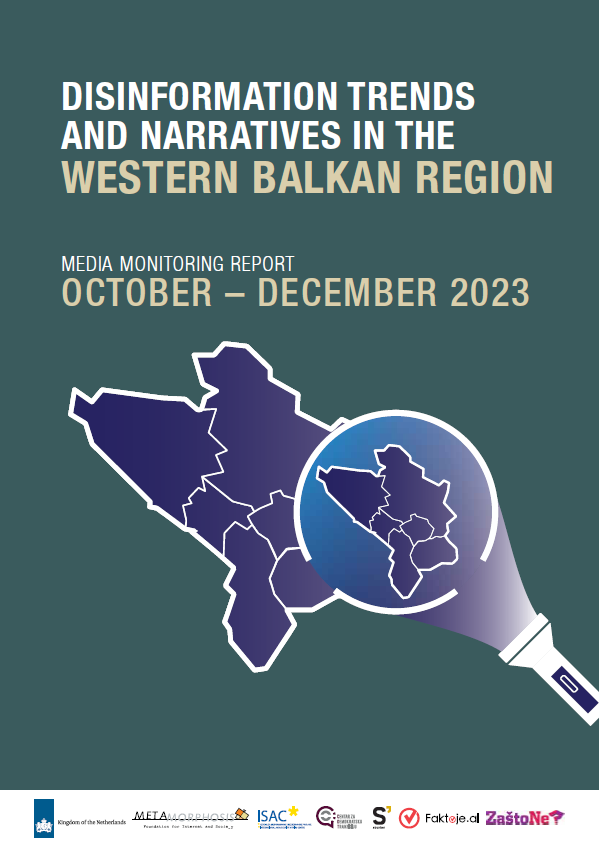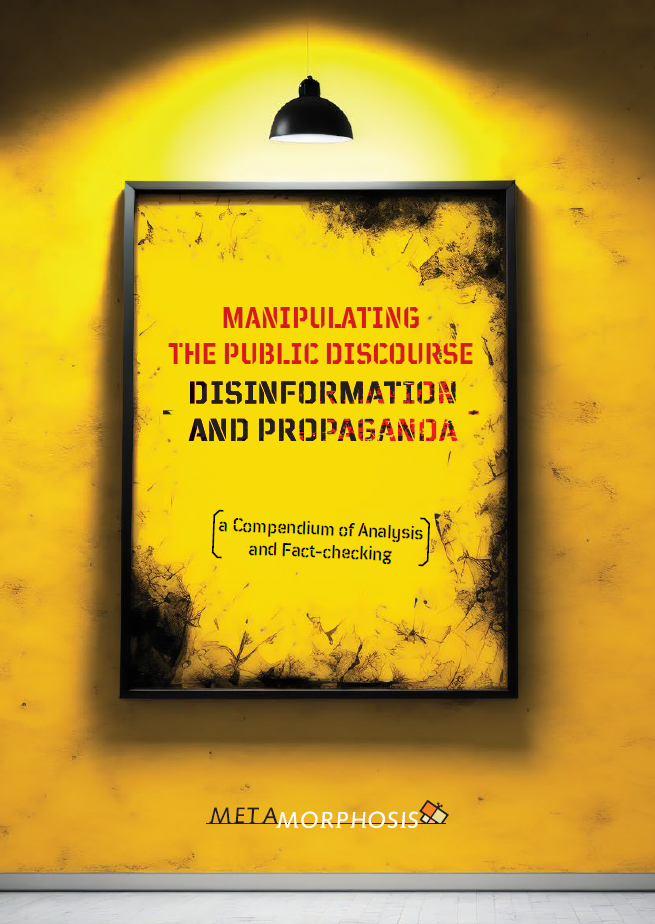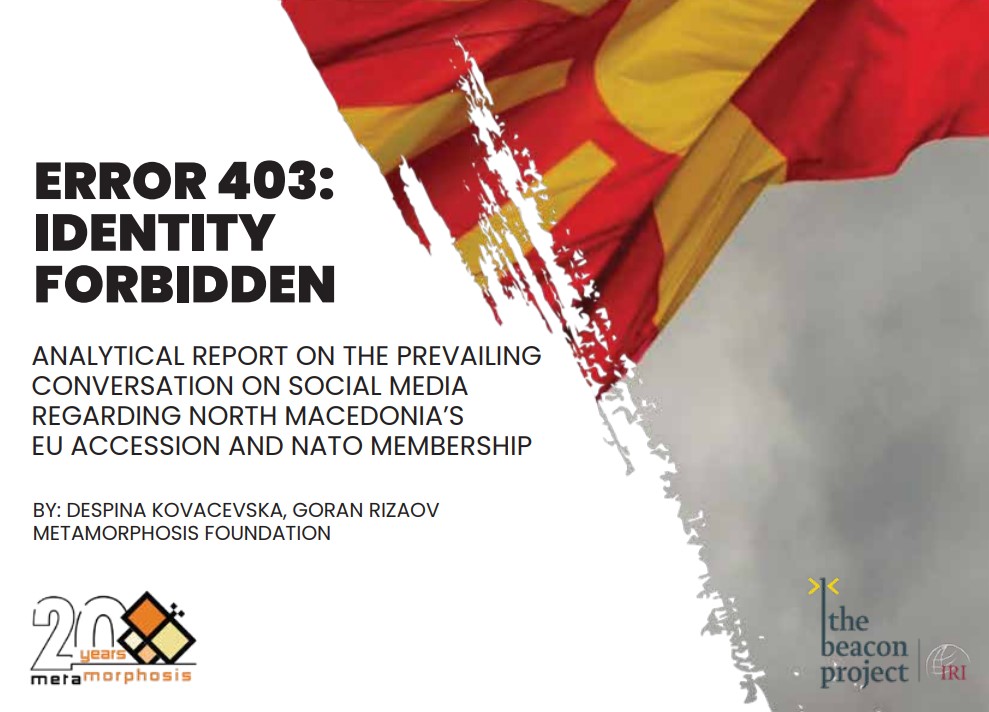The state is a public matter. It is a general belief that democratic political orders can function optimally only when the public is informed about the work of state authorities and public officials. To achieve this goal, the constitutions of modern states lay down special guarantees, so the citizens in such modern democracies have a fundamental right to be informed about the actions of the state authorities.
Citizens can exercise this right regardless of whether the information concerns them and the purpose for which they intend to use it. The right to free access to information is a basic right guaranteed by constitutions, international conventions and national legislation. In contrast, certain basic principles have been established thanks to the efforts of international civil society organisations.
This guideline is intended to systematize good practices and recommendations for achieving a greater level of openness of institutions, focusing on information that need to be presented to the public – which ultimately may lead to strengthening the capacity of institutions to implement obligations in the field of free access to information.
This guideline was created within the frameworks of the project “Using New Media to Promote Government Transparency” financially supported by the National Endowment for Democracy.




























